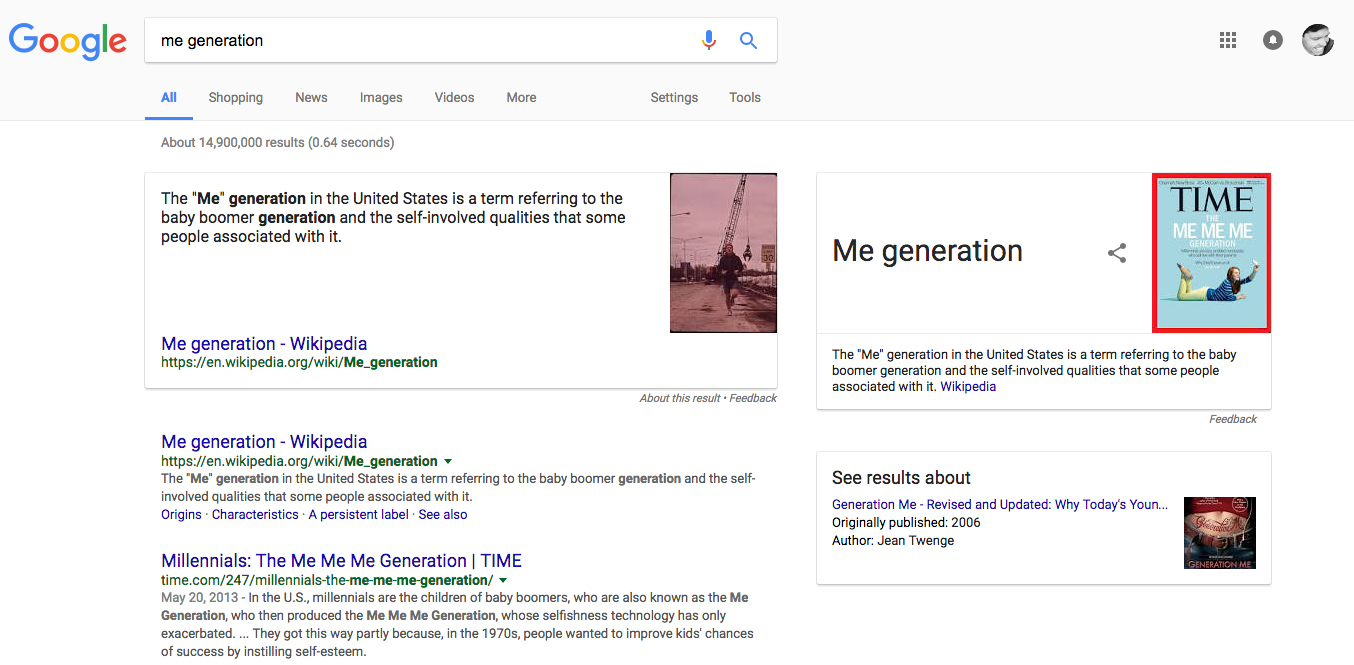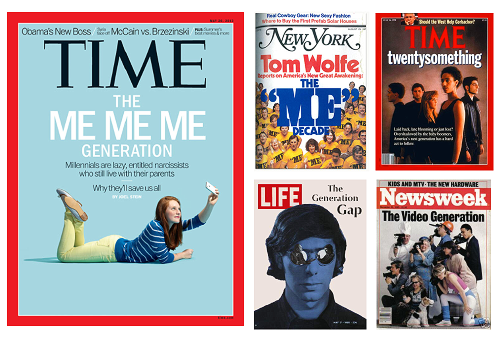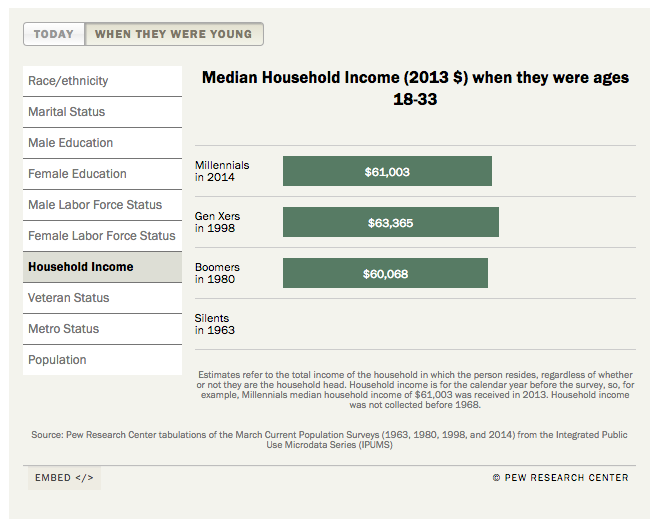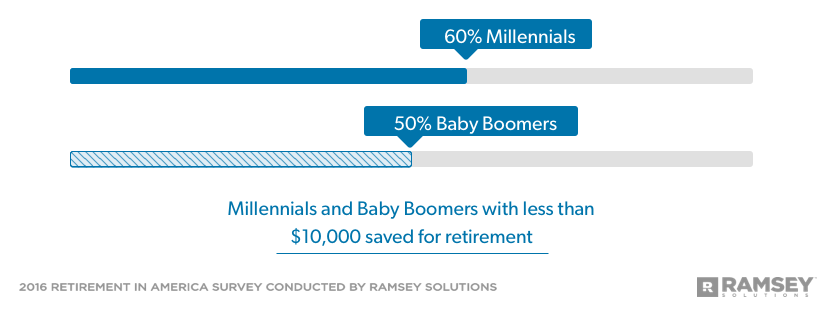“My generation sucks.”
“Embarrassing to be apart of the ‘handout’ generation offended by everything.”
“I’m a Millennial and I’m NOT proud, my generation is so brainwashed and could easily be conditioned to losing America they way we know it.”
“We are the laziest piece of crap lol.”
“As a Millennial myself, I absolutely hate my generation.”





